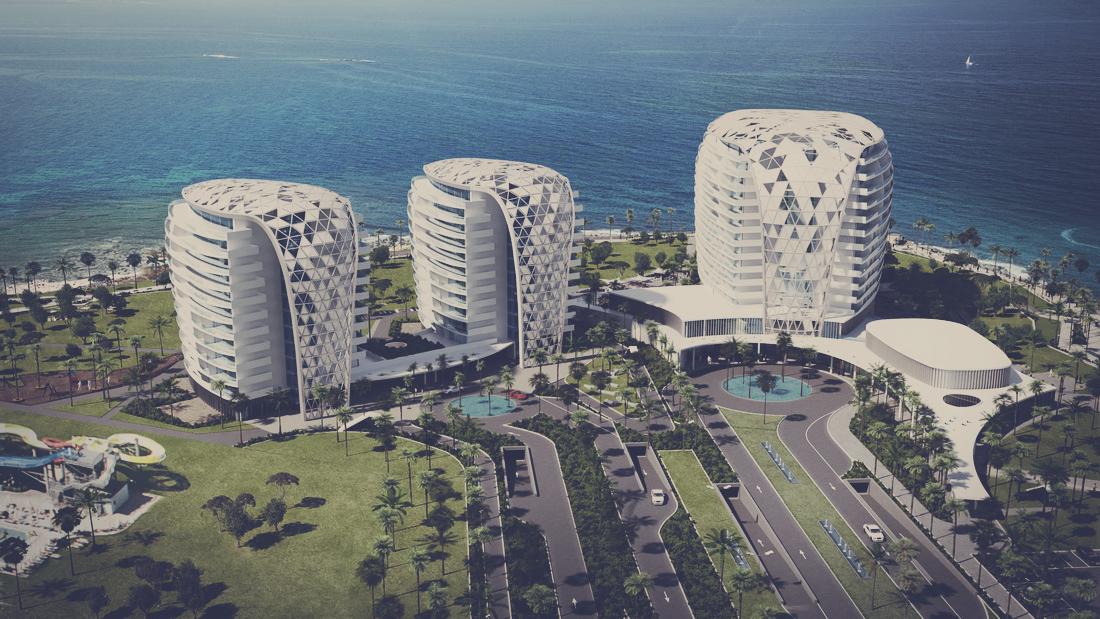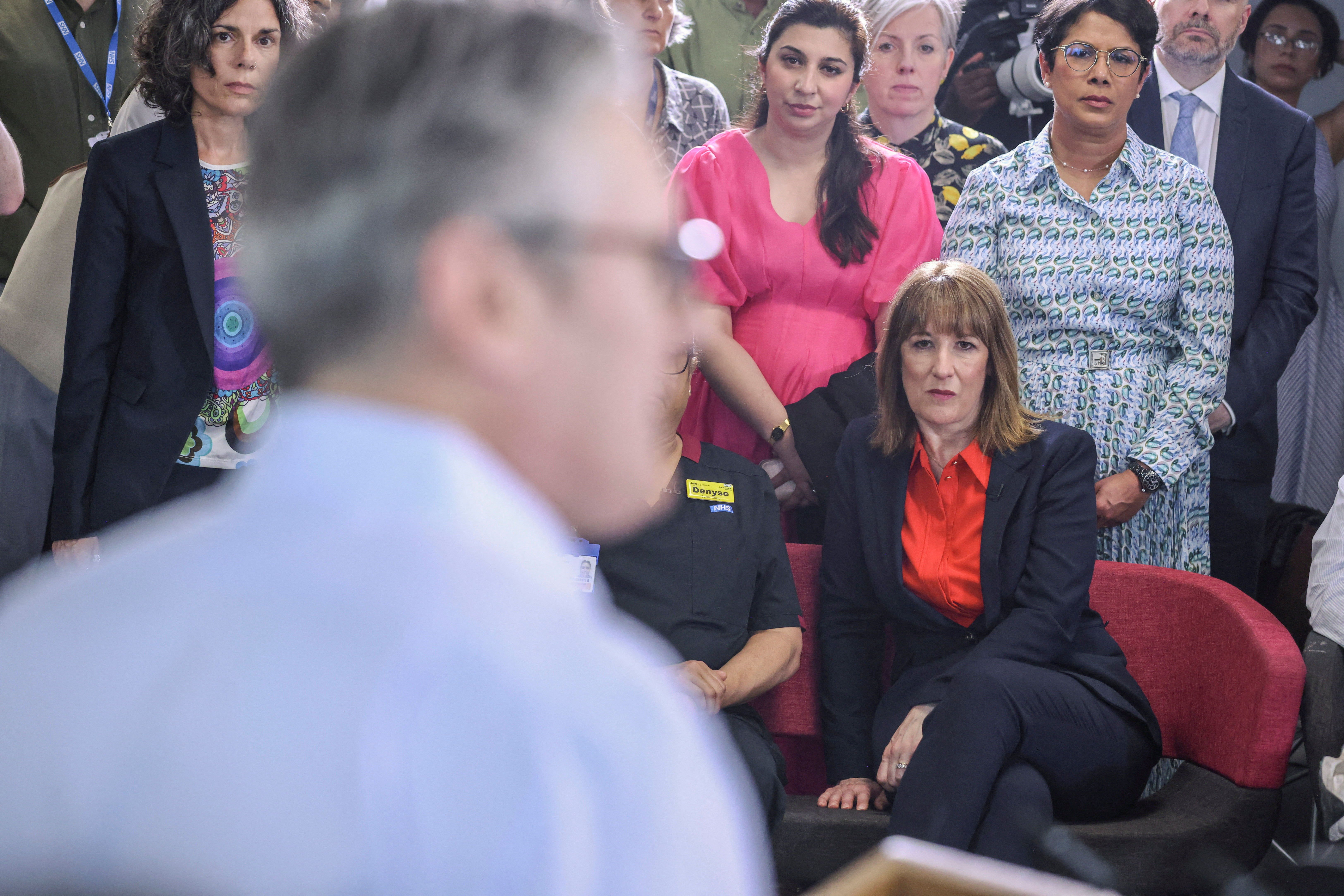The current fuss over a proposed new luxury hotel complex in Yeroskipou seems almost too familiar, the only twist being that in this case it’s the municipality that’s protesting, as opposed to the usual array of environmentalists.
As so often, the project – which received its construction permit last month – seems obscenely large, 484 beds over eight floors plus two residential towers adding another 122 apartments. As so often, it appears to be right on the beach, in an area that’s already over-developed.
The owner of the land is the church which is known for being tone-deaf on environmental issues. It’s still painful (to name one example) to walk past the gargantuan eyesore of a cathedral that the late Archbishop Chrysostomos built in old Nicosia, knocking down entire streets of old buildings in the process.
Above all, the checks on unchecked development always seem to be very specific. Thus, for instance, the permit allowed the hotel to go ahead, but reduced it from eight floors to five. Similarly, the municipality’s objections focus specifically on the likelihood of ancient artefacts being present in the hotel’s footprint area, which may be the site of ancient Ieraskippou.
Our ancient past seems to be the only effective lever against development. But why does no-one ever mention our future?
After all these years, development in Cyprus – especially in tourist areas – has settled into a familiar pattern. But there’s never a debate on the wisdom of relying so heavily on tourism in the first place.
Let’s take one example: the European Green Deal, a plan to reduce greenhouse gas emissions and become climate-neutral by 2050. One only has to visit the European Commission website to find the following:
“To achieve climate neutrality, the European Green Deal sets out the need to reduce transport emissions by 90 per cent by 2050 (compared to 1990 levels). The aviation sector will have to contribute to the reduction.”
The page sets out plans to require airlines to “offset” emissions by buying “emission units” in renewable energy and other sectors. What this means, in effect, is that aviation will be made more expensive for airlines – and hence also for passengers, many of whom will be unable to afford international flights in the near future.
In short, the age of mass tourism may be coming to an end. This is not an accident, it’s by design; air travel is bad for the environment, and the EU is determined to reduce it. Yet no-one in Cyprus seems to be talking about the danger that we’re relying so heavily on a sector with an expiry date.
Instead, we build more and more – exacerbated by the fact that there’s no central vision for the island. Thus, for instance, a marina’s just been built in Ayia Napa, yet another one is also being built down the coast in Paralimni, for no good reason except that two separate municipalities both want a piece of the action. It’s a mess.
The second reason to question tourism as a sustainable resource is because it’s self-defeating. The more touristy an area becomes, the less attractive it becomes to tourists.
Admittedly, this paradox doesn’t always hold. There are always visitors who’ll seek out tourist areas over authenticity and natural beauty.
This, however, is another artefact from the age of cheap tourism. Once travel becomes more expensive and attracts a more discerning crowd, it’s unclear if they’ll want to come all this way just to stay in a beach hotel surrounded by other beach hotels, no matter how ‘high-end’.
Other potential factors might seem irrelevant and airy-fairy – but why are they never even talked about, let alone considered?
What about the alienation caused by a wholesale transformation of the environment, for instance? How does a Paphite or a Limassolian feel when they no longer recognise their own city, when the landmarks that shaped their childhood have been torn down or cemented over? The standard response is to view this as ‘progress’, therefore a good thing – but is that true, or just a sophisticated form of Stockholm syndrome?
And what about the subtle effects on national culture of a reliance on tourism – an essentially servile sector that depends on keeping visitors happy, so they’ll keep coming back?
What if we stopped building hotels and marinas, and instead concentrated on encouraging start-ups and tech innovation? Wouldn’t we gradually foster a more creative culture, instead of the parasitical one we have now?
The world is changing. In the future, creativity and thinking outside the box will be far more useful than building piles of concrete and waiting for tourists to come and stay in them – not to mention that land is running out anyway.
Based on past experience, the complex in Yeroskipou will probably go ahead. The pattern, after all, is familiar. Developers press on in their mission to exploit every available inch of land, invariably supported by town planning, checked only by the department of antiquities and occasionally Natura 2000. That’s been the case for years, probably since the invasion. Whether it’ll stay that way forever is another question.







Click here to change your cookie preferences